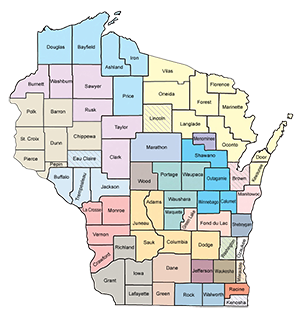In “The Effects of Preschool Education: What We Know, How Public Policy Is or Is Not Aligned with the Evidence Base, and What We Need to Know,” a new paper appearing in the Association for Psychological Science’s Psychological Science in the Public Interest journal four well-known early childhood experts–Robert C. Pianta, W. Steven Barnett, Margaret Burchinal, and Kathy R. Thornburg–examine how well publicly funded preschool programs (childcare centers, Head Start, and state-funded pre-kindergarten) prepare young children for school and why public policy needs to be more closely aligned with the research on early childhood education.
Despite the variability in publicly funded preschool programs–including basic aims, funding, program models, and staff qualifications–studies have shown that preschool improves the learning and development of young children and has long-lasting benefits. In particular, children from low-income homes benefit more from preschool in comparison with their peers from higher-income homes. Yet, the magnitude of the benefits depends on the quality of the program and, unfortunately, there is a prevalence of low-quality preschool programs. Research suggests that to narrow the achievement gap on a large-scale, the quality of preschool programs must be high.
Definitions of quality vary, but what teachers do, how they do it, and when they interact with children are critical components of quality. Improving the skills of preschool teachers through professional development, then, may result in enhanced interactions with children and children’s increased developmental gains. The authors suggest that public funds for teacher development must be used in way that are beneficial to both teachers and students as suggested by research.
Aligning policy and practice with research is necessary to ensure that publicly funded preschool programs adequately prepare every child for school.

